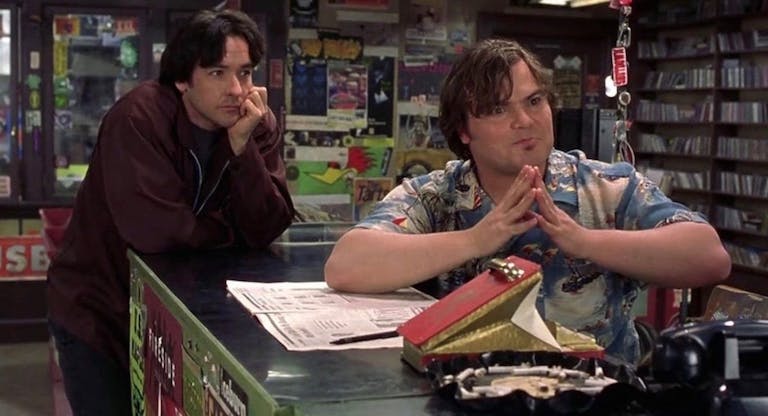The spaces for music media are small. Too often I struggle to find where to turn online if I want to read an honest opinion of something, with all bias and editorial standards left at the door.
Recently, Pitchfork has remained an open tab on my computer. I’ve always had hard feelings for the site, though. Regardless of their credibility, most writers talk as if there’s something the reader doesn’t know or maybe wants to but just doesn’t have the artistic intellect that all of their staff somehow embody to do so.
When the new Hulu show “High Fidelity” came out last Friday, I was excited to watch it. There’s too many hidden gems in the series to not give it a chance and the opportunity to see Zoë Kravitz on screen for that long excited me.
I can confidently say that Pitchfork’s critical review titled “We Didn’t Need the High Fidelity TV Show,” is too critical (wrong) and overlooks all of the good for the sake of doing what they do best, outlining the bad. I would offer that in a time of overwhelming masculine media, we actually do need a TV show just like this.
While I respect Pitchfork and totally agree that they know what they’re talking about most of the time, I fear that they are starting to operate behind a facade of forced criticism. Too often do I watch a song or album that was actually good get torn apart online and thrown into a conversation led by critics that actually benefit from this sort of thing.
The “High Fidelity” review suggests that the new remake is trying to do something that doesn’t need to be done. John Cusack was the star of the 2000 movie remake of the 1995 novel by Nick Hornby. The novel, originally narrated by male perspective, deals with topics of sex and gender through that specific lens. While I think they make a few good points in their review, it does suggest that trying to swap gender narratives, with Kravtiz as the lead, is unsuccessful and sort of redundant.

Cusack commented on the possibility of a female lead back in 2018 when news first broke about the show. While he seemed happy about the gender swap, he wasn’t exactly thrilled about the possibility of Disney, who originally had planned to put in on Disney+, rebooting it. It’s a tale as old as time; the question of a remake — and while it’s important, it’s not the overall goal of my piece.
My problems with Pitchfork don’t make me an outlier. After research, I found an open letter on Reddit by a user who had been signing off of the site after years of loyalty. He alludes to the website being bought by Conde Nast and its spiral downwards towards assumed pretension. The author writes about how most reviews feel forced to fit cultural norms, not actually giving their honest opinion on music. The comments are many, proving I’m not just someone with a crush on Kravtiz that got upset when people didn’t offer her performance praises.
Hornby, who has voiced his support for the remake, talks about his own conversation with Kravitz in a piece for Rolling Stone. He discusses her spot-on her analysis of his work and its relevance today. It’s an awesome ode to the series and sort of a slap in the face of Pitchfork's hypercritical narration of a show that isn’t meant to make you mad, but hopefully like it enough you can listen to its soundtrack.
Other music websites include Pigeons & Planes — an extension of Complex — and Genius, infamous for their lyrical walkthrough videos. Both of these sites engage directly with users and have strong online presence.
All I ask is that Pitchfork take a step back and start looking at music and media as productions of our time. It’s no longer considered indie to hate on something that is good just because it's popular; I hope Pitchfork can soon mimic this sentiment.






